Tag: facebook
-
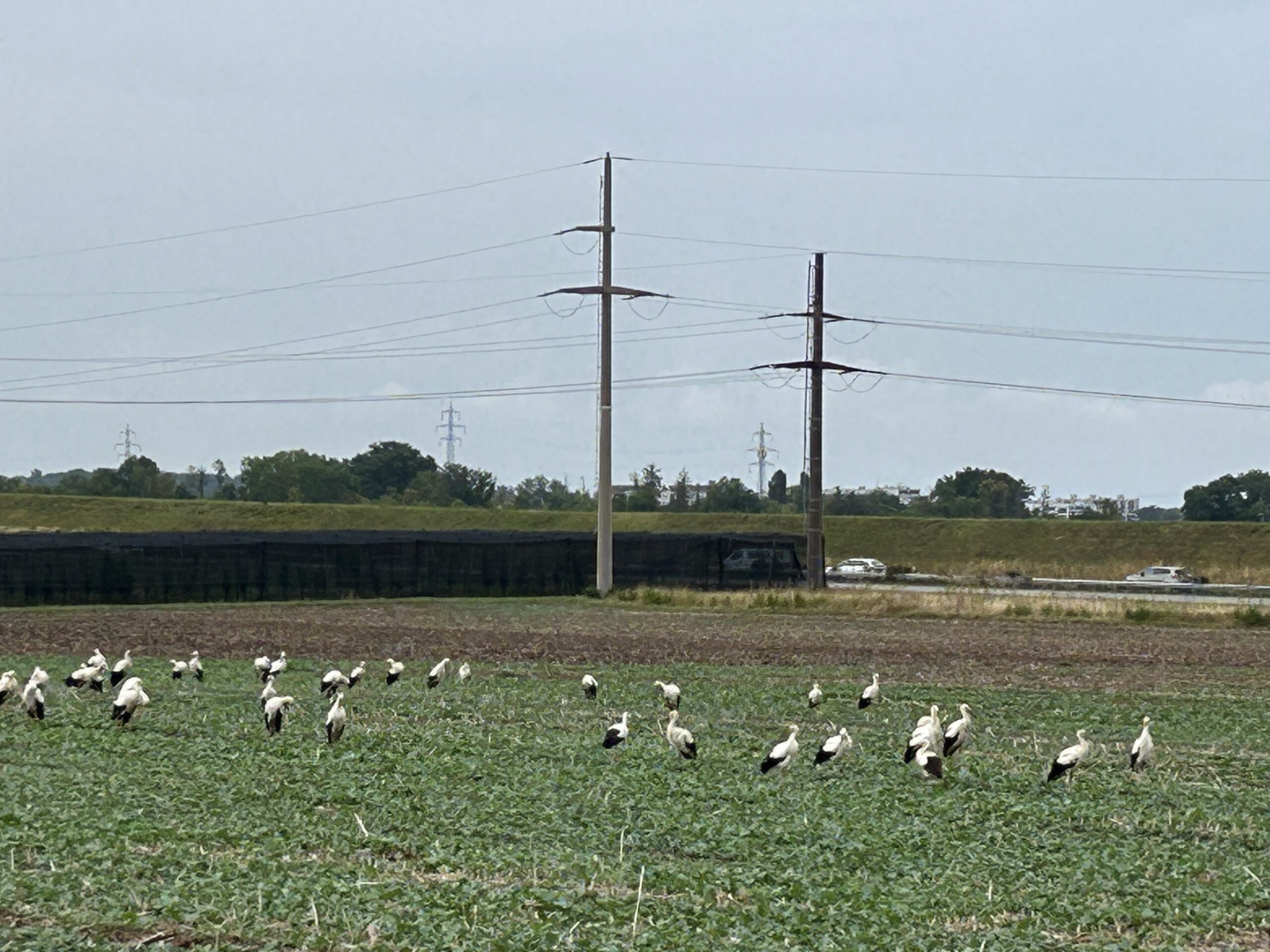
The Case for Dumping FaceBook and Threads
Reading Time: 3 minutesYesterday afternoon I was trolled by an American account of a person living in Germany. I commented on the absurdity of bicycle lanes that are just two hundred meters long and the troll account said "be happy to have that". I felt like answering in a hostile manner. I refrained from doing…
-

Thoughts on WhatsApp and GoSocial
Reading Time: 4 minutesBefore Whatsapp was bought by Facebook it was a great platform for people to chat with family and friends. When Facebook bought Whatsapp, many people, including myself, migrated towards Signal to avoid remaining in the Facebook sphere of influence. Social groups, and their luddites remained on Whatsapp, so we had to revert…
-
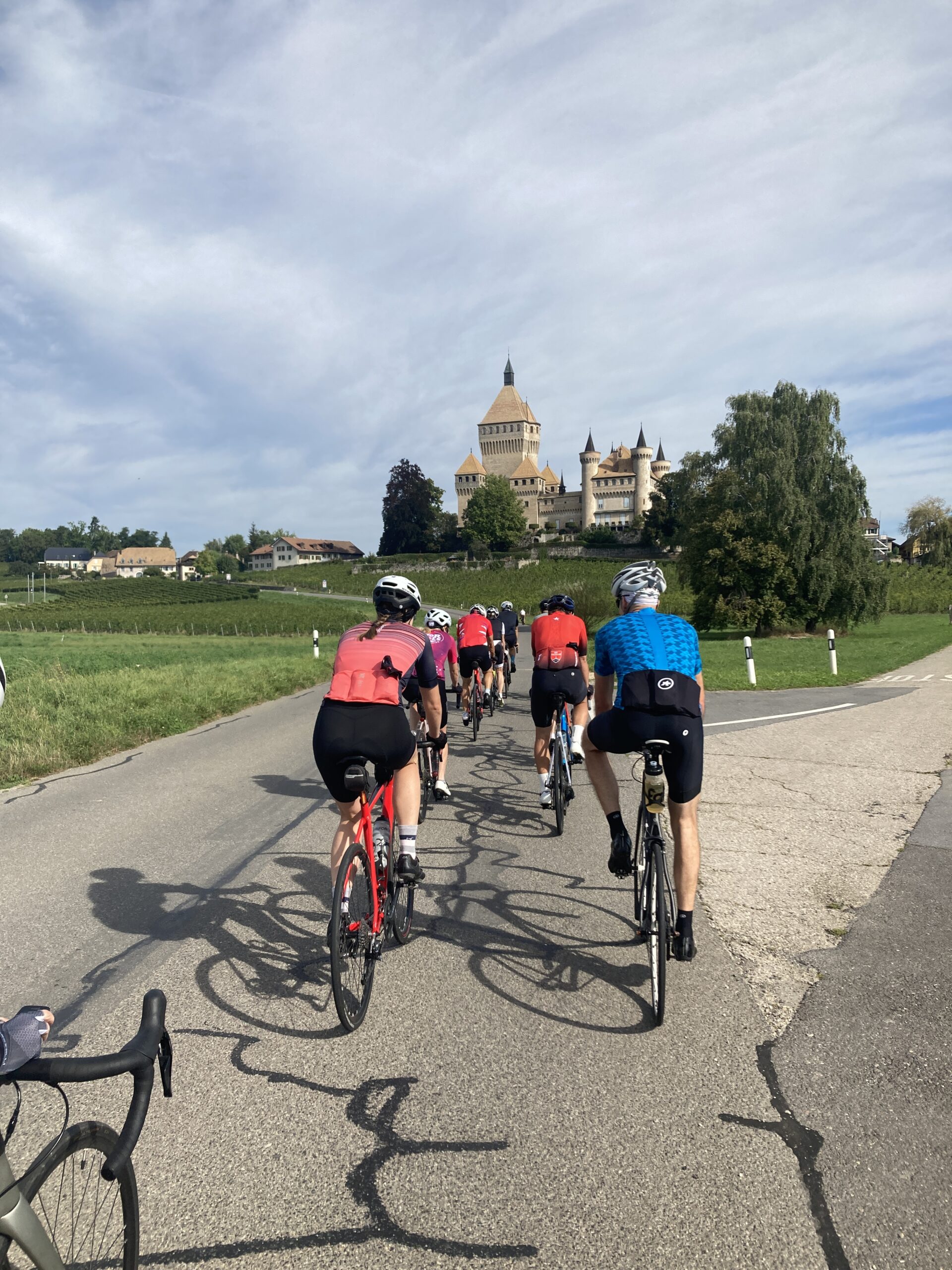
Whatsapp With the Signal
Reading Time: 2 minutesFor a while Whatsapp was a fantastic cross platform messaging tool for friends, families, groups and more. It was cross platform, fast and convenient. Eventually rather than rely on Facebook Messenger and Facebook, Facebook bought Whatsapp to consolidate its monopolistic grasp on the social web. As a result of this I tried…
-

What Threads Could and Should Be
Reading Time: 2 minutesPeople on FB have pigeon holed me as negative, and don’t understand why I am this way. The reality is that I believe the algorithms highlight when I am negative, rather than positive. I also think that there is a certain amount of bias against me. I post plenty of positive things…
-
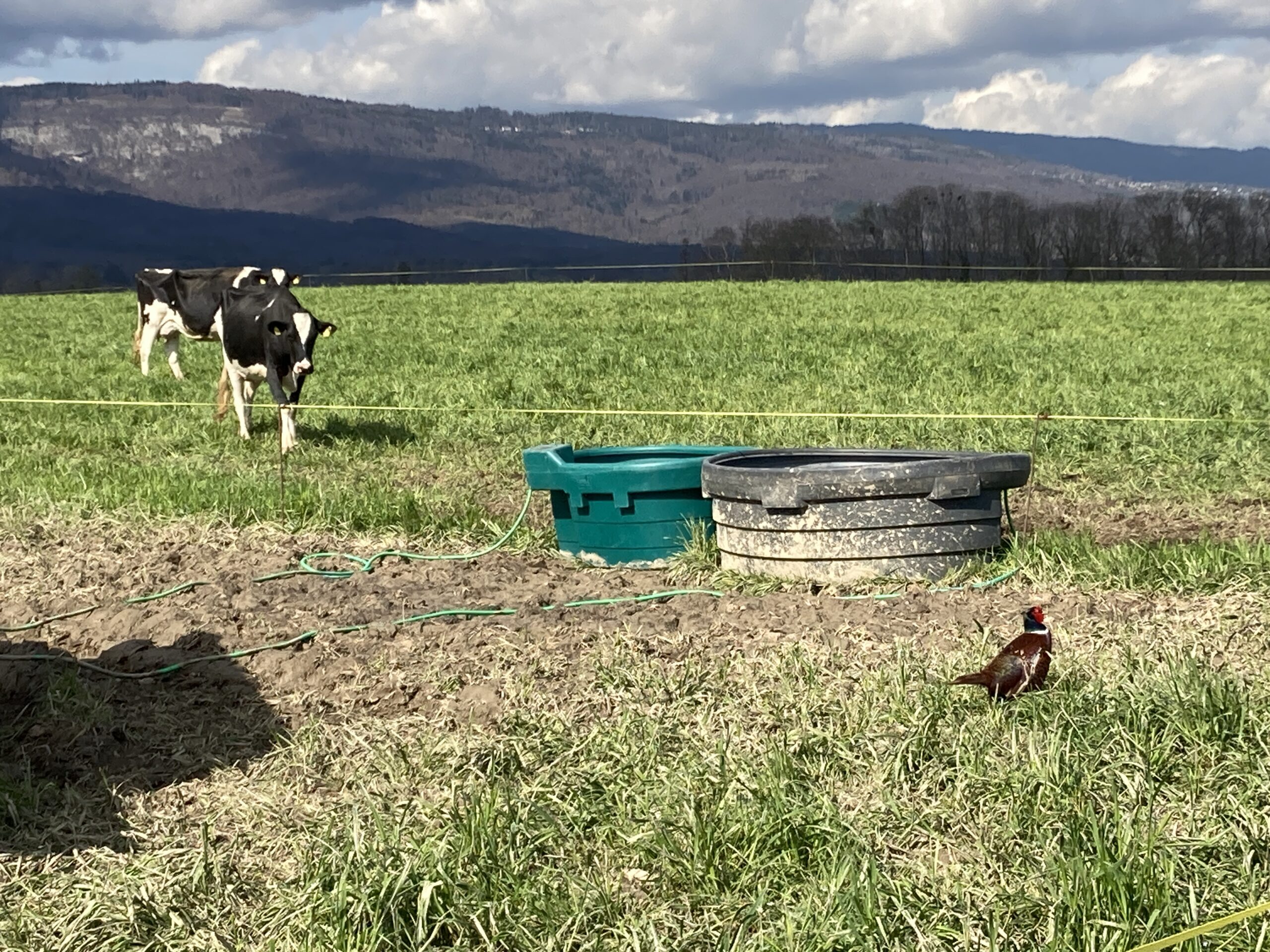
Apple and Meta Fight About Privacy And the EU Weighs In
Reading Time: 4 minutesA few days ago we saw that talks between Apple and Meta had amounted to nothing. There was talk about including Meta’s AI efforts into Apple Intelligence, unti Apple said “Forget it” or somethign to that effect. I skimmed the headlines but don’t remember the details. This is significant. The reason for…
-
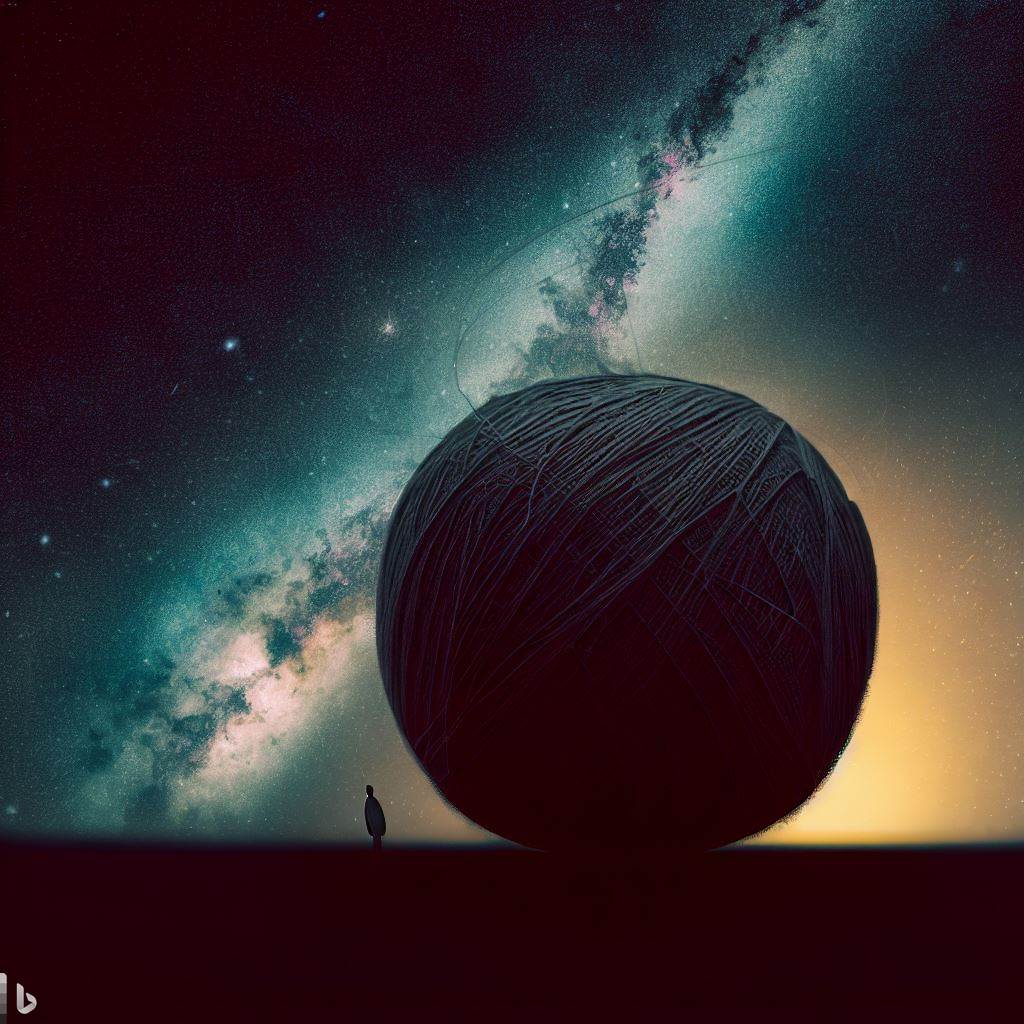
Migrating Photos from Facebook to Google Photos
Reading Time: 2 minutesThere has been a shift within cloud services such as Google, Facebook and others. That shift is to make migrating photos from one service quick and easy. The old fashioned method would be to download media from service A before re-uploading it to service B. This requires lots of space on hard drives and…
-
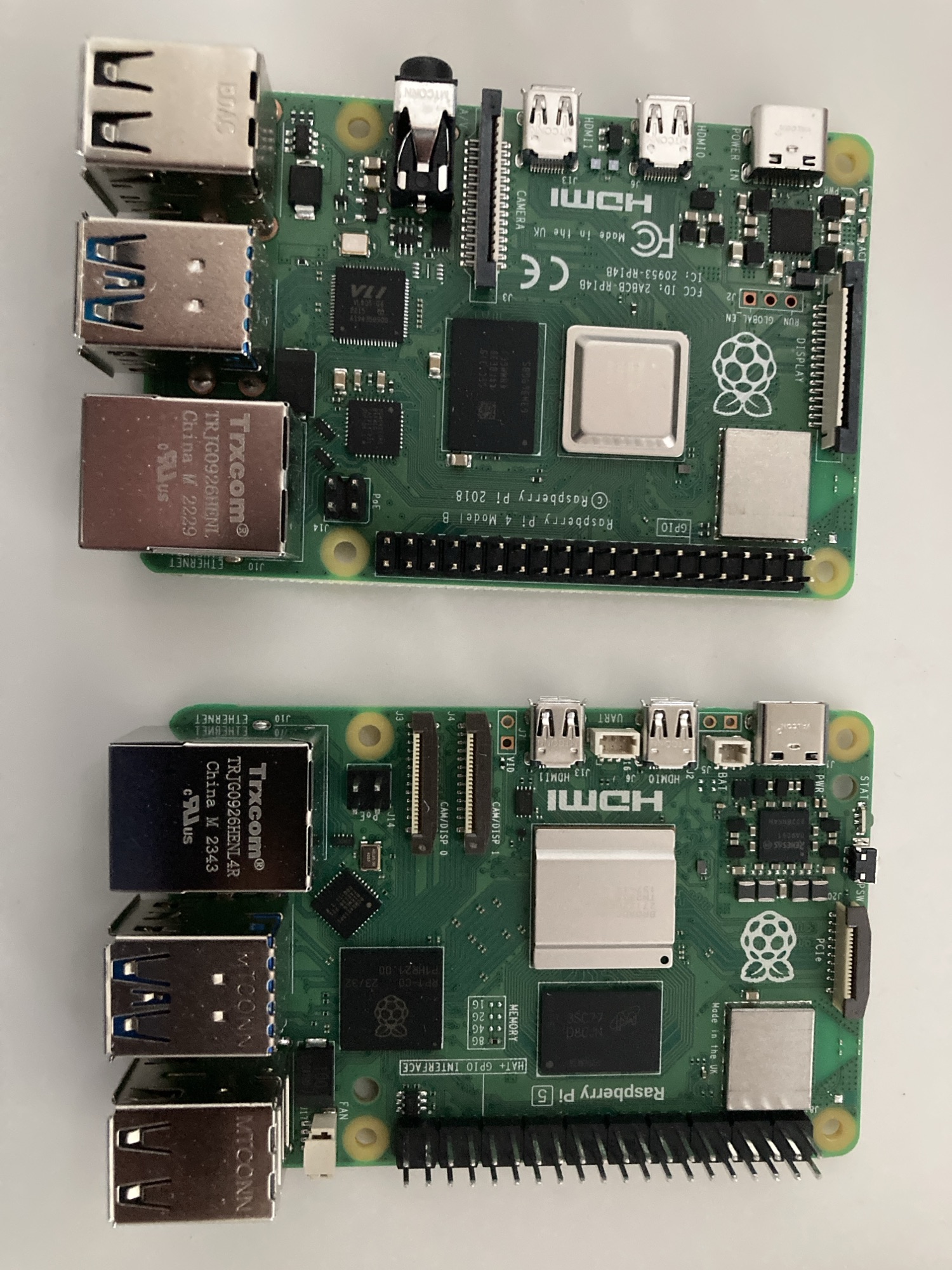
Dormant Social Media Life While Sorting Through Drives
Reading Time: 4 minutesRecently my Social Media Life has become dormant. I do visit Facebook every so often but I ignore Instagram, barely touch Mastodon or the fediverse, and in general have stopped looking at social media for a social life. It’s not that my life offline has become vibrant. It’s that online is empty…
-
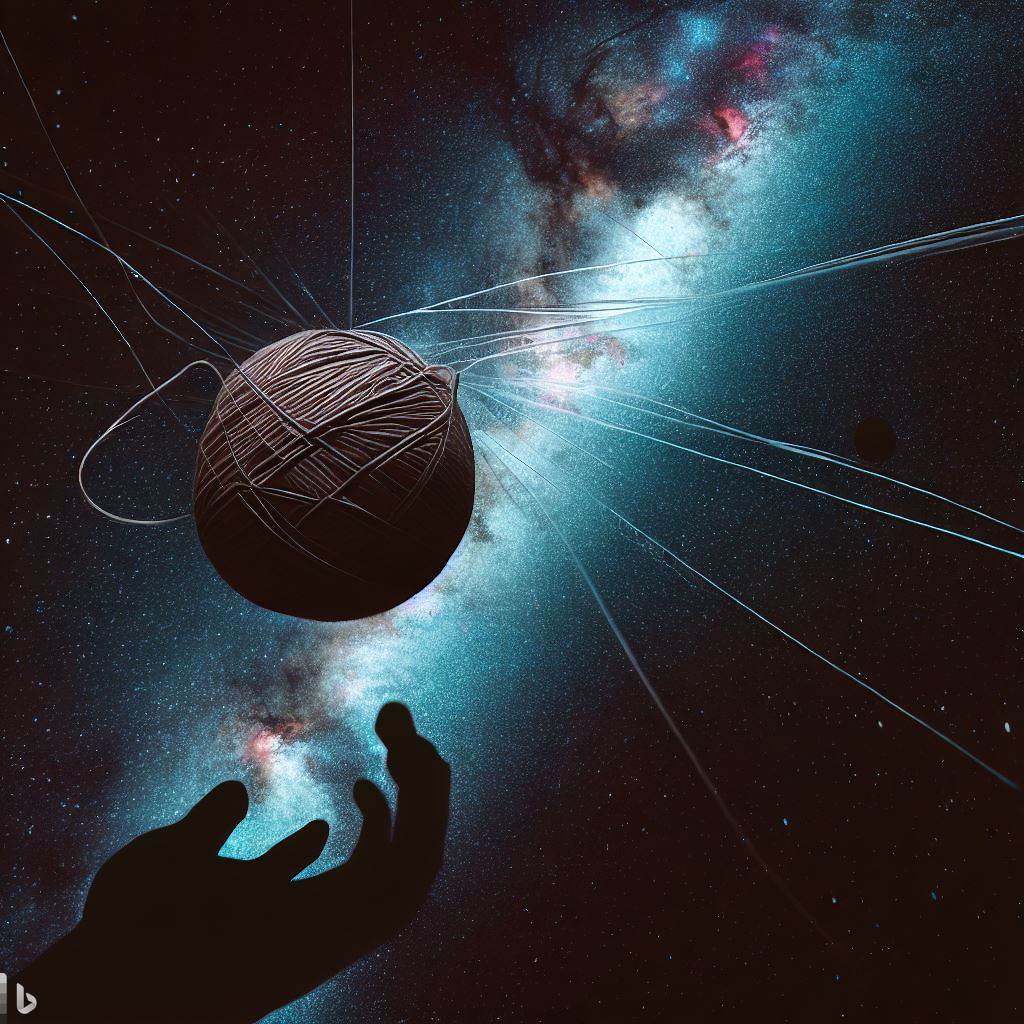
Threads in Europe
Reading Time: 3 minutesA few weeks ago Facebook (I refuse to whitewash that company by calling it Meta) decided to blackmail European users. The deal was simple. We were coerced. “Accept to pay for Facebook or we will force you to see ads. This was a lose lose situation that the European Union is now…
-
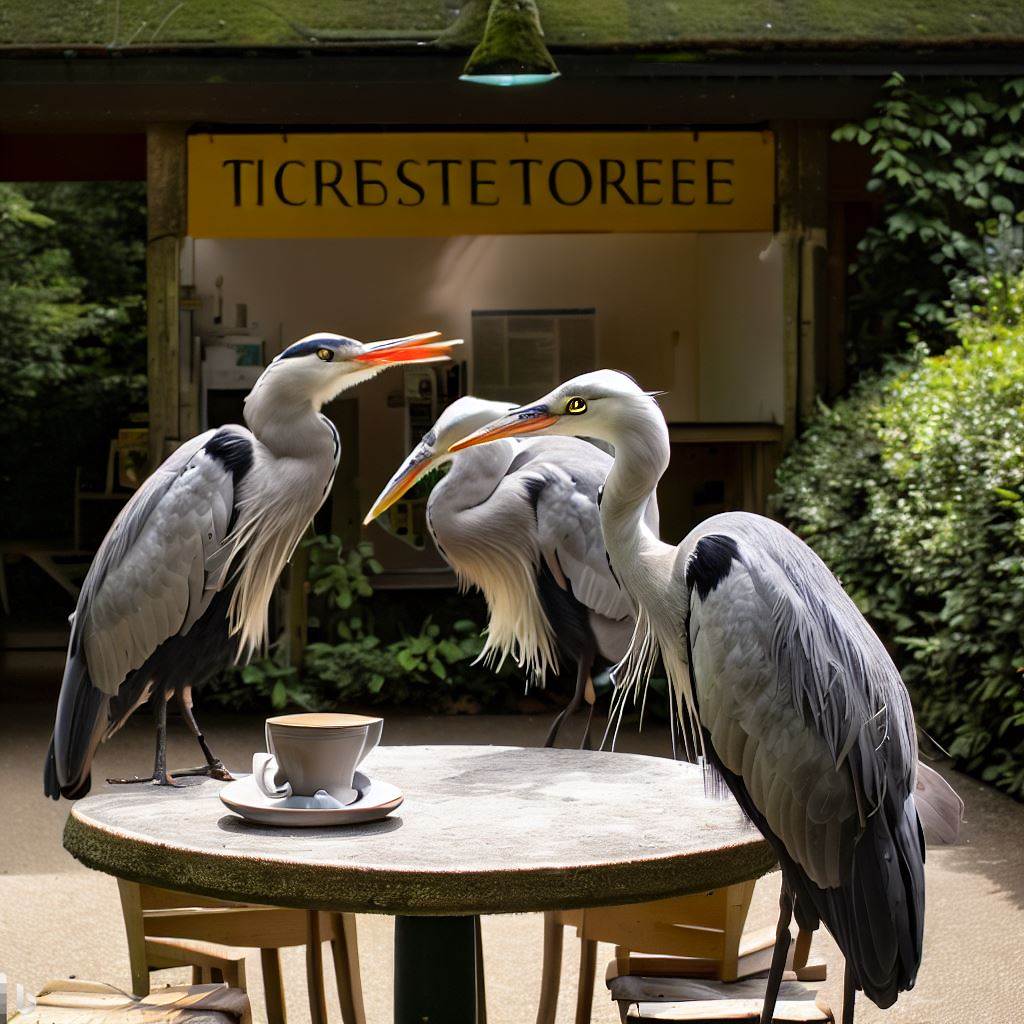
On Using Facebook Again
Reading Time: 3 minutesRecently I reverted to Facebook due to the death of Twitter, but also because of the political bias I see on Mastodon instances. That political bias has encouraged me to take a break from that social network until the conflict is over. Critical Mass Yesterday I saw that two people on Facebook…
-

The Facebook Three Billion
Reading Time: 3 minutesOver the last two or three days I have played with the idea of returning to Facebook. There are several reasons for this. The first reason is that Facebook has three billion people and you can find people local to you, which is a huge plus. The second reason is that with…